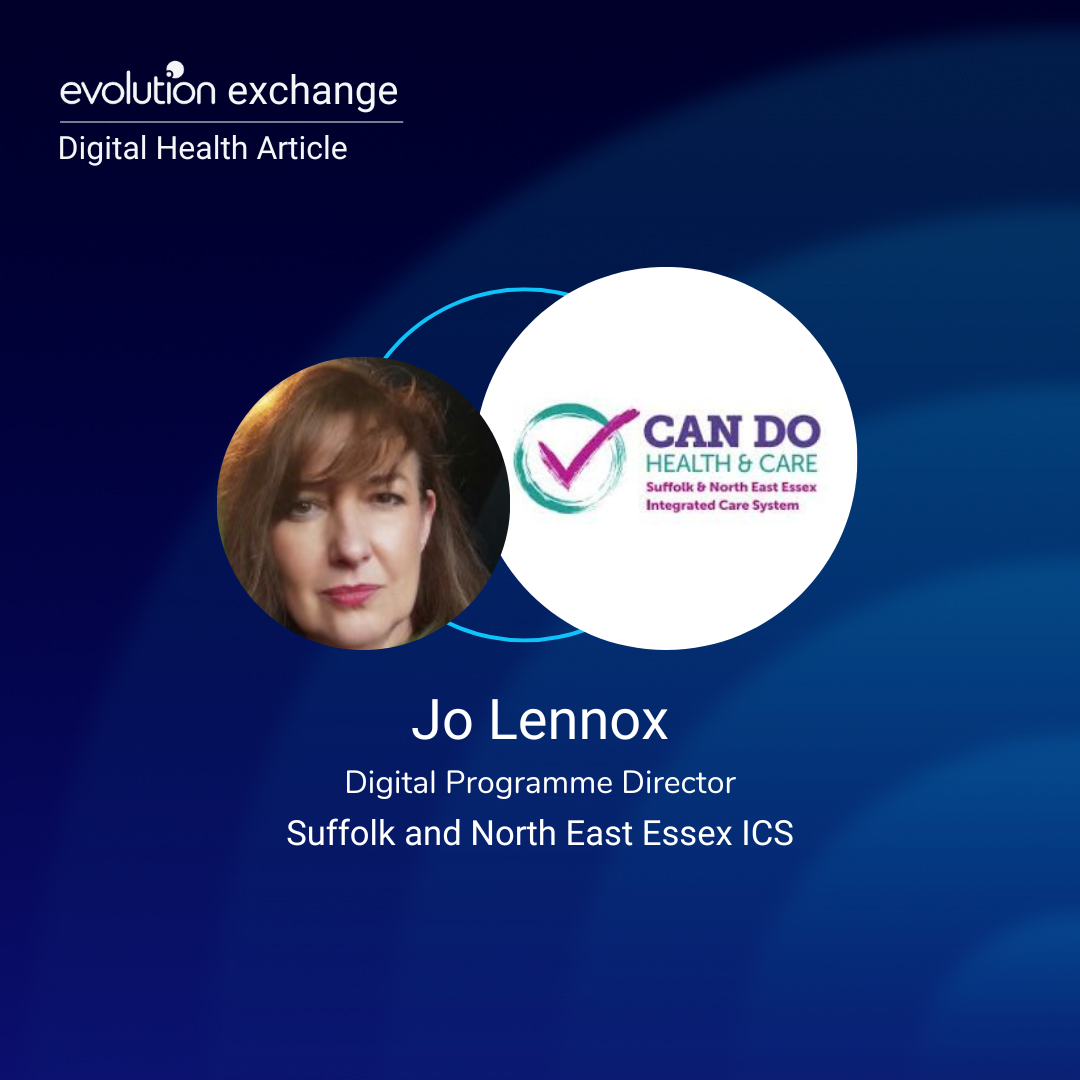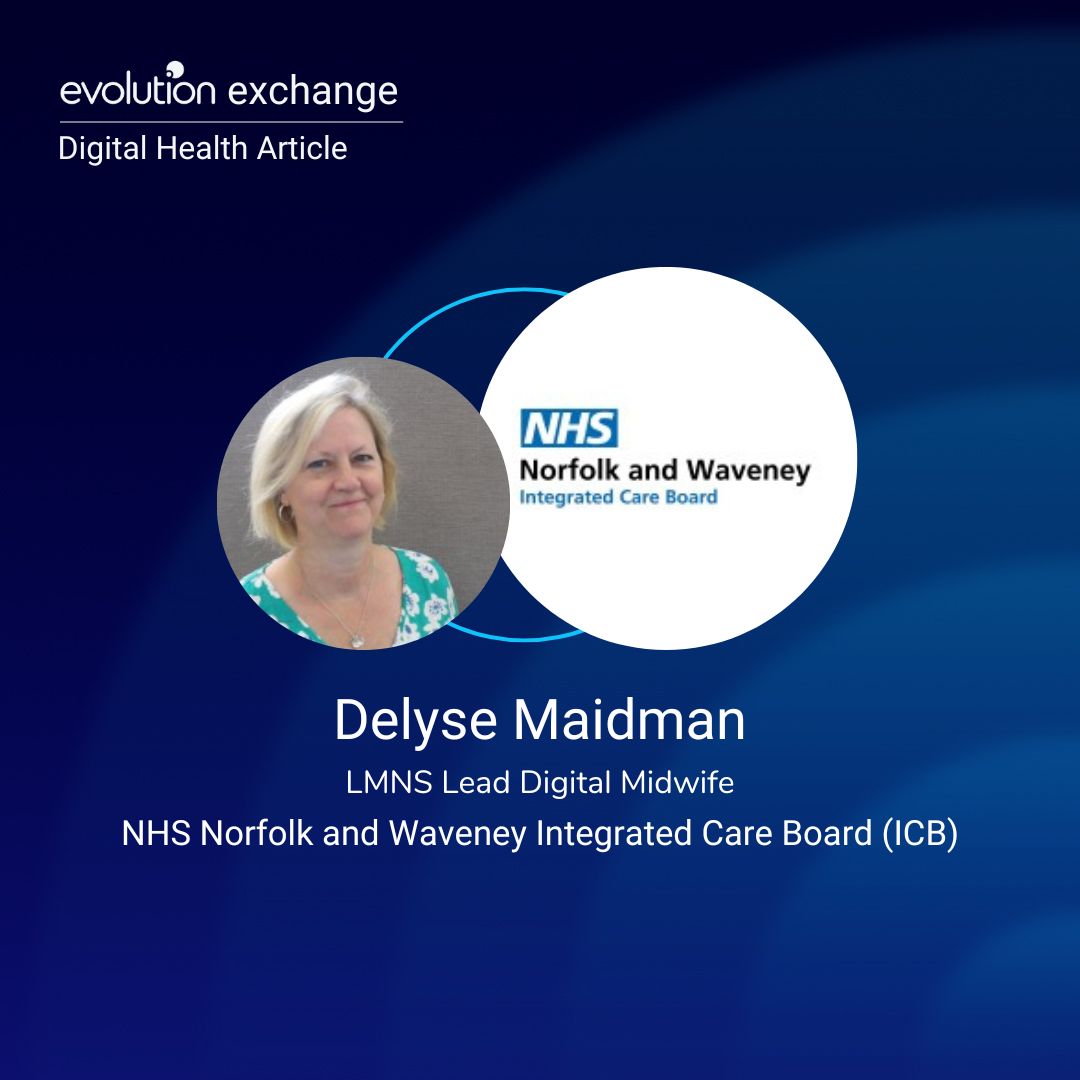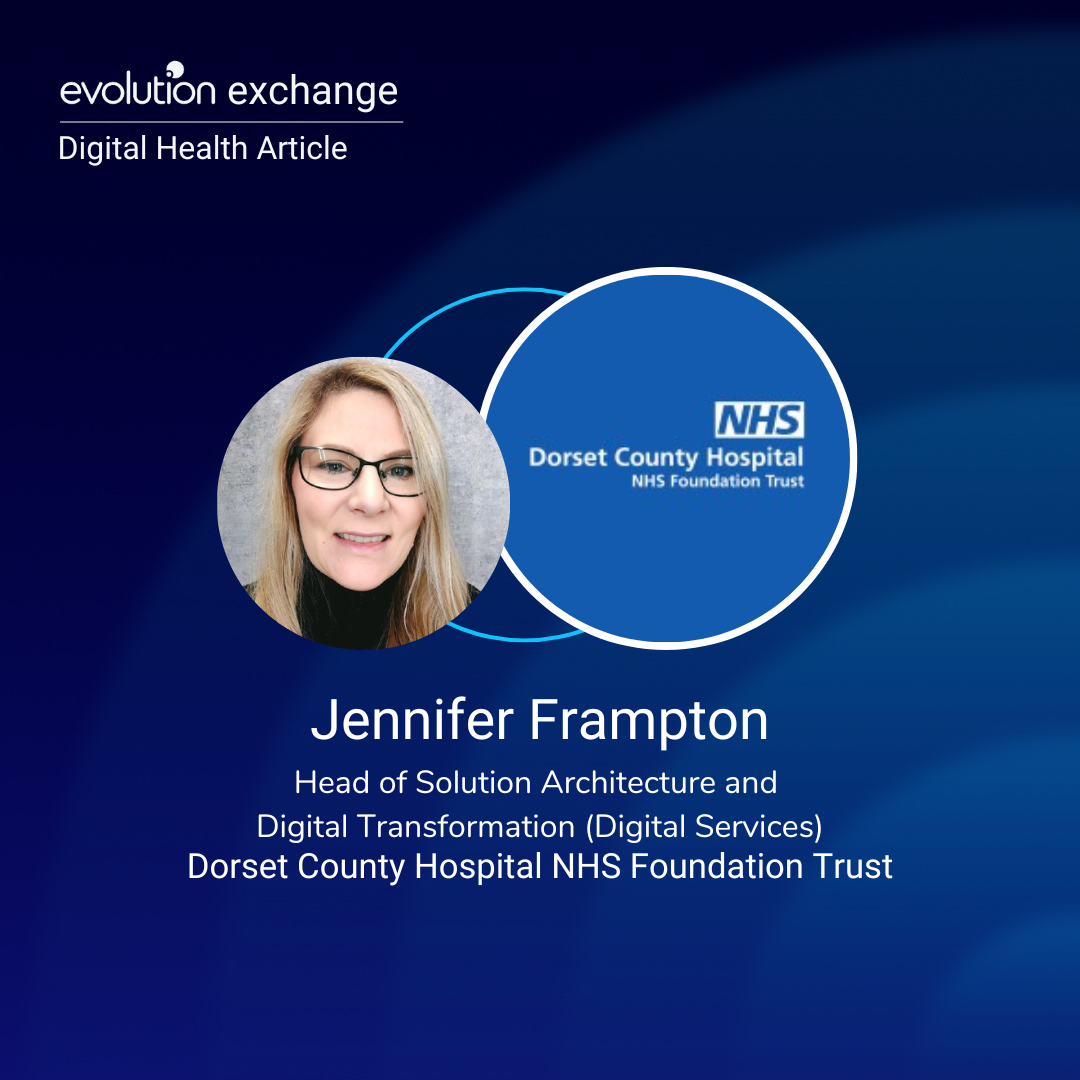Rizwan Malik, a consultant radiologist with over 17 years of experience, shares his perspective on the importance of moving beyond labels like allyship and truly embracing inclusivity. In a candid interview, Rizwan reflects on his journey, the subtle impacts of discrimination he faced, and why genuine change requires more than performative gestures. His story serves as a powerful reminder that true inclusivity demands a willingness to confront biases, challenge insensitivity, and create an environment where everyone’s voice is heard and valued.
Breaking Barriers: A Life-Changing Moment
Rizwan’s life took a pivotal turn when his chemistry teacher encouraged him to apply to Oxford or Cambridge, a prospect he initially dismissed as “not for the likes of me.” Coming from a working-class family and being a first-generation immigrant, the idea of attending such prestigious institutions seemed out of reach. However, his teacher saw potential in him and took deliberate steps to support his application.
“That single act of kindness had such a defining impact on my career and what I did,” Rizwan recalls. “And I took that defining principle going forward in two ways. When you see the opportunity to do something for somebody, either you see a blocker which if you have within your gift to remove, do so, or if you see there’s a potential in somebody and perhaps with some support they can do it. Then why not?”
This pivotal moment instilled in Rizwan the belief that he belonged, despite the societal barriers and self-doubt he had internalised. It was a turning point that opened doors and set him on a path to success, fuelled by the conviction that with support and opportunity, anyone can achieve their potential.
Subtle Impacts and Self-Protection
While overt acts of discrimination have become less prevalent, Rizwan encountered subtle effects throughout his career that influenced his actions and choices. Early on as a junior doctor, he vividly recalls staying behind for a late clinic, waiting for the last patient after everyone else had left. Afterwards, the patient complained of feeling uncomfortable being alone with Rizwan in the clinic setting, though there were no allegations of misconduct on his part. However, the implicit risk was palpable to Rizwan. Ethnic minority doctors face a disproportionate number of complaints, and even the professor discussing this incident advised Rizwan, regretfully, to protect himself from potential vexatious allegations by ensuring he was never alone with patients. Consequently, despite other radiologists not deeming it necessary, Rizwan has made it a personal policy never to examine or scan a patient without a chaperone present after that formative experience, safeguarding both himself and the patients.
These experiences highlight the subtle ways in which discrimination can manifest, shaping career choices and forcing individuals to take precautionary measures to protect themselves from unfair assumptions and potential harm. Rizwan’s decision to decline opportunities, while rooted in valid concerns, underscores the toll that subtle biases can take on personal and professional growth.
Facing Insensitivity and Tokenism
Rizwan’s encounters exposed the insensitivity and tokenism that can stubbornly persist in institutions, despite efforts to promote diversity and inclusion. On one occasion, a team that Rizwan was a senior and vital member of rescheduled a celebratory event with food and alcohol on the last Friday of Ramadan. This was done despite being informed of the religious significance of the date. They insisted on Rizwan’s attendance and dismissed requests to find an alternative time. Consequently, Rizwan missed an event for a project he had been instrumental in for over five years.
Additionally, there was an expectation for Rizwan to take on roles like leading the BAME (Black, Asian, and Minority Ethnic) forum. While such roles may appear to provide representation opportunities, they have traditionally served as a way to sideline ethnic minority doctors from true leadership positions while giving the impression of offering seniority. Rizwan declined to lead the BAME forum. However, later in his career as a Divisional Medical Director, he regularly attended the forum. Junior nursing colleagues, in particular, reached out expressing gratitude for having “someone senior willing and able to listen and address our concerns.” This underscored for Rizwan the importance of effective representation.
Moving Beyond Labels: Embracing True Inclusivity
Rizwan’s experiences have led him to reject labels like allyship and instead advocate for genuine inclusivity, where differences are embraced, and everyone is given a seat at the table without tokenism or performative gestures.
Rizwan’s critique of the term allyship stems from his observation that it has become a one-way transactional relationship, where the burden falls on marginalised individuals to educate and guide those who claim to be allies. This dynamic perpetuates power imbalances and fails to address the systemic issues that give rise to discrimination and exclusion in the first place.
True inclusivity, according to Rizwan, requires a shift in mindset and a willingness to confront one’s own biases and assumptions. It means creating an environment where everyone’s voice is valued and respected, regardless of their background or identity. It demands a commitment to understanding the lived experiences of others and actively working to dismantle systemic barriers.
The Power of Genuine Inclusivity
While Rizwan’s critique of the term allyship is valid, it is important to acknowledge that genuine allyship can be a powerful force for change. Allies who are willing to listen, learn, and take action can play a crucial role in amplifying marginalised voices and advocating for systemic change.
However, true allyship requires more than just a label or performative gestures. It demands a genuine commitment to self-reflection, education, and a willingness to leverage one’s privilege to create space for underrepresented voices. It means actively challenging biases, confronting microaggressions, and holding institutions accountable for their commitment to diversity and inclusion. More importantly, it should be a lived experience, not just a task delegated to “senior leaders” or action plans.
An illustration of genuine inclusivity being lived out occurred with Rizwan’s secretary. After discussing Rizwan’s needs, the secretary proactively adjusted his schedule and leave arrangements. This simple gesture embodied mutual respect and consideration in the workplace dynamic. Notably, the power dynamic was inverted, with someone in a more junior role extending an act of thoughtfulness toward someone more senior. Moments like these exemplify how inclusivity can manifest through any individual’s actions, regardless of their position or status within an organisation.
Rizwan Malik’s journey serves as a powerful reminder that true inclusivity requires more than labels and performative gestures. It demands a willingness to confront biases, challenge insensitivity, and create an environment where everyone’s voice is heard and valued. By rejecting tokenism and embracing genuine understanding and respect, organisations can foster a culture of inclusivity that benefits everyone.
Rizwan’s experiences underscore the importance of moving beyond superficial initiatives and actively addressing the systemic barriers that perpetuate discrimination and exclusion. It is a call to action for individuals and institutions alike to engage in honest self-reflection, to listen to marginalised voices, and to take tangible steps towards creating a truly inclusive environment where everyone can thrive.






























